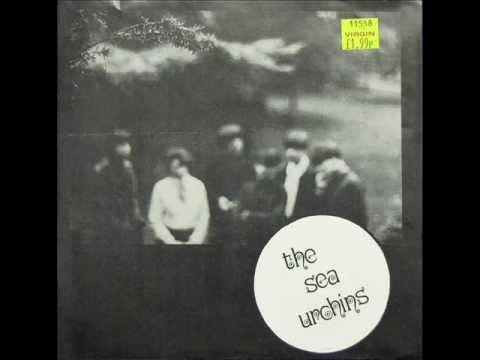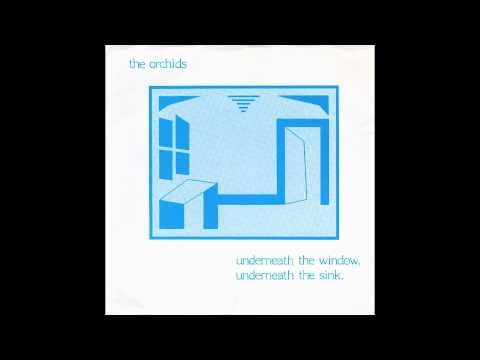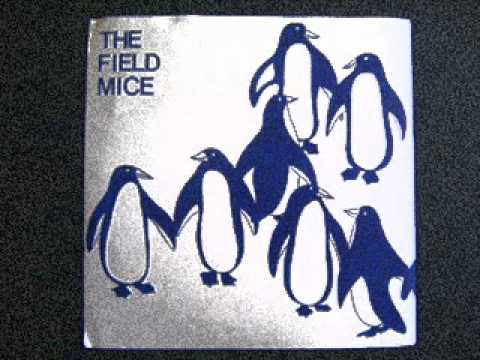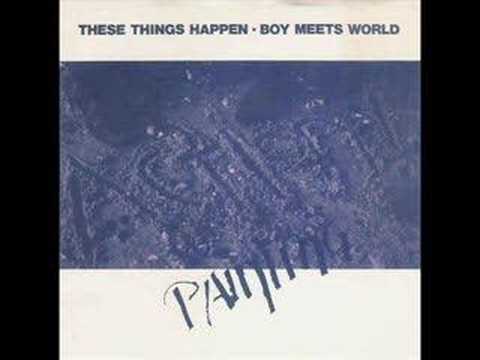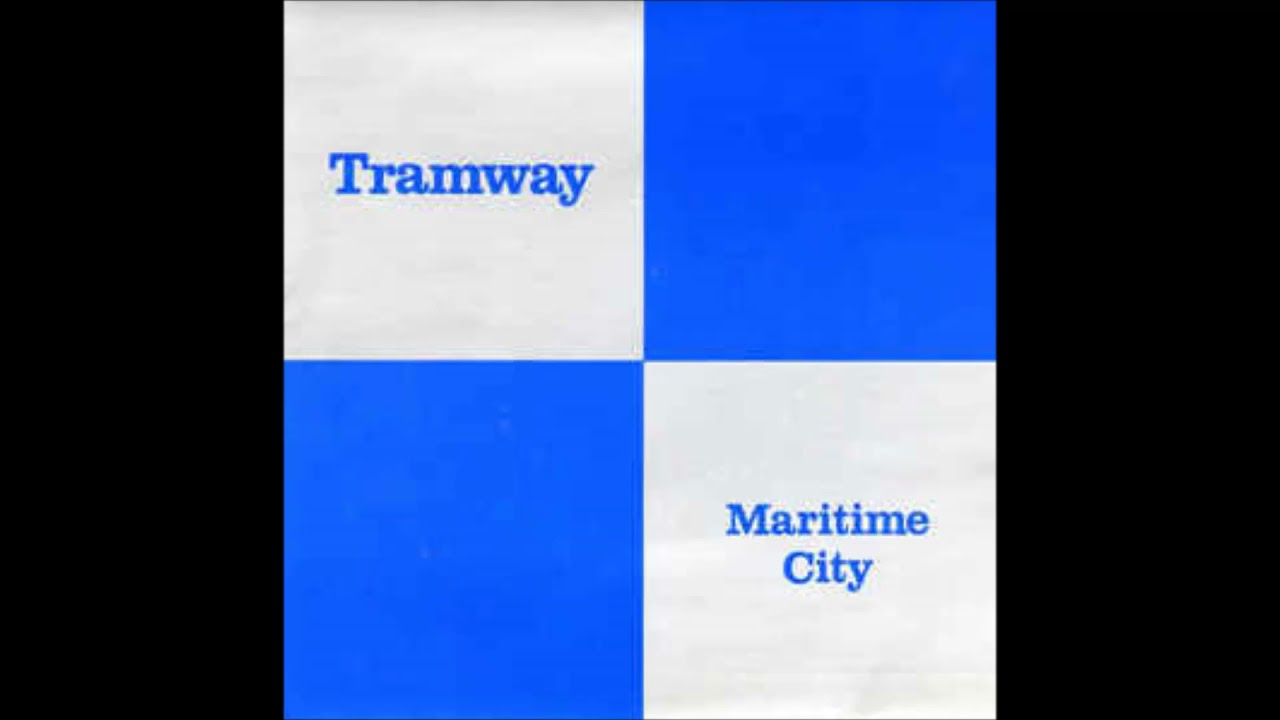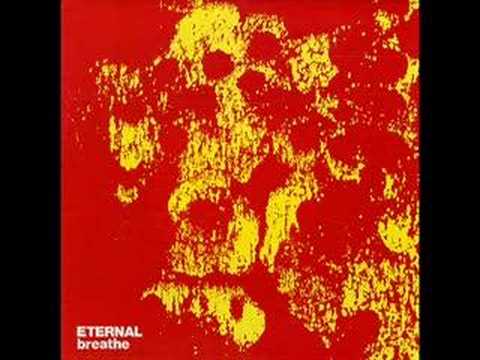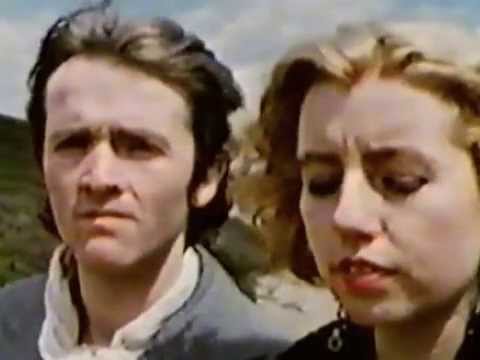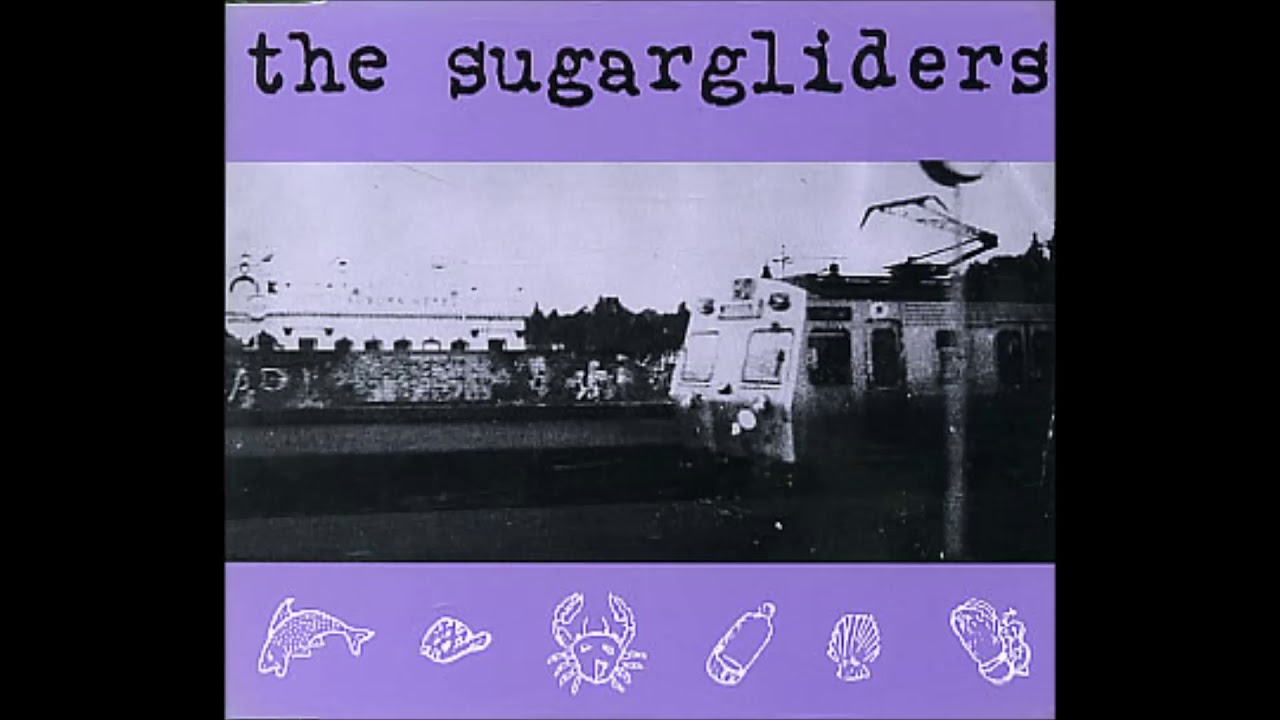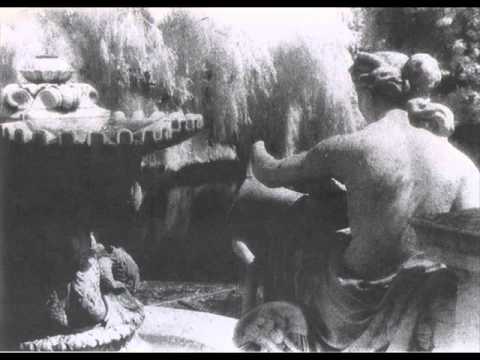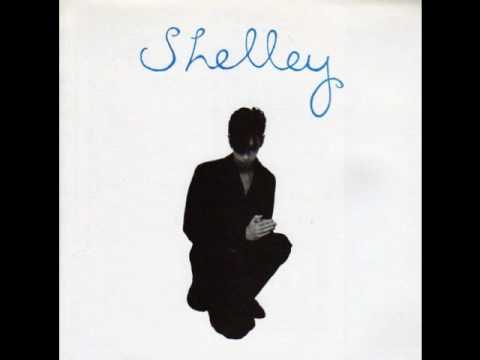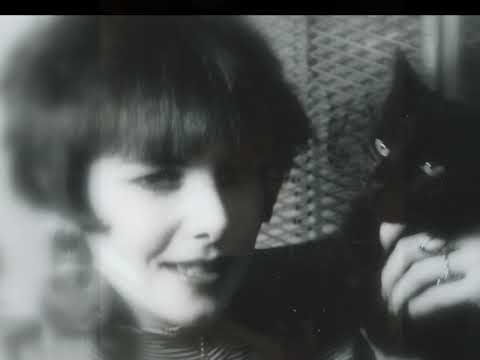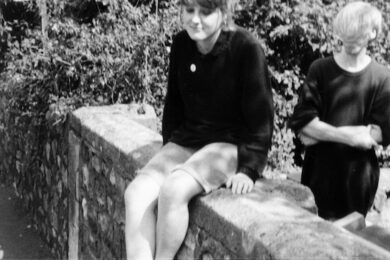Clare & Matt. Credit: Sarah Records
Sarah was a record label that signed the acts no major label would touch but who you wanted to hear. It put out a board game, produced cut’n’paste fanzines and stuck two fingers up to the mainstream music industry. It was your secret world and it was located in the heart of Bristol. Sarah lasted for seven years, nine months and eleven days, and in this playlist I’d like to offer you a slice of life from that time.
Based in Bristol, UK, Sarah was, between 1987 and 1995, the most independent of indie labels. Co-founders Clare Wadd and Matt Haynes were driven by feminism, ethics and a passion to truly embrace the DIY ethos of the post-punk scene. Clare and Matt were not concerned with forming a capitalist monolith to rival Virgin or EMI. Instead, they were eschewing the posturing and vanity of the pop charts and focusing on promoting the kind of bands that the major labels would be too scared to touch.
Fans were drawn to the label right from day one. I’ve even seen copies of two handwritten letters from a Polly Jean Harvey in Dorset wanting to buy a copy of Shadow Factory (“or as you informed me of its proper name, L’Usine des Ombres”) back in February 1990. I hope she still has it in her collection.
Sea Urchins – ‘Pristine Christine’
Back in 1987, The Sea Urchins could have no idea what a highly desired record ‘Pristine Christine’ – aka Sarah 1 – would become. Keyboardist Bridget Duffy says: “It seems strangely amusing that ‘Pristine Christine’ has become such a legendary single but it does sound good and it’s nice when you suddenly hear it on Radio 6. There were only 1,600 made, so I’m not surprised it fetches so much money, it’s a bit like an early Mary Quant piece.”
Frontman James Roberts adds: “Getting a proper hard record out was all it was for us, and Clare and Matt seemed nice and into it. For us, we were young kids of 17, 18, 19, getting our first proper record out. We loved it. Whether we were any good or not was something else but we meant it and we loved it, and it was everything to us for a few years. It was that thing when you’re young, when you’re absolutely passionate about something and you’re so blinkered with it.”
The Orchids – ‘Defy The Law’
Glaswegian band The Orchids released ‘Defy The Law’ in 1988 at the start of the UK’s poll tax conflict, and the 7” included a poster collage of anti-poll tax material across which the slogan ‘The Orchids Say Don’t Pay The Poll Tax’ was splashed. As if this didn’t make the band’s stance clear enough, the runout groove of the single had the words “FUCK THE POLL TAX” etched in angry capitals.

Orchids (credit Julian Bester)
“‘Defy The Law’ is a three-chords-and-the-truth type of thing. It’s just trying to get a point across. I wish we’d done it better but it was what it was,” says James Hackett, who wrote the lyrics. “It feels very naïve now but it was a reaction. We didn’t think of it as politics, we just thought it was decency. I came up with that song very quickly just before we recorded it. If I’d spent more time on the words it might have been less embarrassing but at the time it was quite fun to do. It got us a wee bit of recognition from different people, who were pleased we had something to say other than ‘I like that girl.’
Field Mice – ‘When Morning Comes To Town’
I asked Clare and Matt if either of them had ever had any aspirations to be in a band themselves and was pleasantly surprised to learn that Matt played keyboard on ‘When Morning Comes to Town’ by The Field Mice, despite not knowing how to play the keyboard.
“It’s another example of us trying to save money,” explains Matt. “For their second single, Bobby Wratten and Michael Hiscock thought ‘When Morning Comes To Town’ could benefit from some keyboards, [engineer] Ian Catt volunteered. But he would have charged £40 and, somewhat recklessly, I said that if Bobby sent me the chords, I could try to come up with something.
“In retrospect, I’m stunned I had the nerve. I think it just came at the perfect moment. We’d gained some confidence as a record label, and the band hadn’t yet realised they didn’t have to put up with us interfering in what they were doing. I remember Michael looking extremely dubious when I started playing but then he smiled when I got to the higher melody line, so I think he was OK with it. And, in fairness, we’d always said that if it didn’t work out, we were happy for Ian to do it instead. The best thing is, we then had £40 to spend on cocaine.”
Action Painting! – ‘These Things Happen’
‘When Morning Comes to Town’ is not the only Sarah record to which Matt has contributed musically. He also played synth on Action Painting!’s ‘These Things Happen’. Vocalist Andy Hitchcock says: “Matt has been a member of Action Painting! He’s not bad, is he? I think he must be a frustrated Vince Clarke!”
However, Andy says that having Clare and Matt in the recording studio added an extra level of tension. “That was pressured,” he says. “I think that affected our performance on the day of recording it. It was quite intimidating. That was the first time we met them.”
Thinking back on the record, Andy says: “I can remember getting the test pressing and playing it over and over again, and just being really happy. If you’re 18 and you’ve got a record, it was a great feeling. You start listening to imperfections and what you could do better but I got a good feeling out of it. I thought, ‘Would I buy this record?’ Yes, I would and I’d enjoy it. So I was happy with it.”
Tramway – ‘Maritime City’
Former Talulah Gosh bassist Chris Scott was working in a shop in Oxford that hired sound equipment and the shop’s new part-timer was a Bristolian kid called Chris Young. “He was in Tramway, one of the less famous Bristol bands,” says Chris. “So me and Greg [Webster from Razorcuts] went down to produce the first Tramway single, ‘Maritime City’.
“The recording studio had reverb that used to switch itself off, so you’d be going and suddenly all the reverb would disappear. We did this recording and Greg went down to do the mixing and he came back and said, ‘The reverb switched itself off and you hadn’t noticed. There’s no reverb’, and one thing we know about these kinds of bands is they love loads of reverb, so we had to go back and do it again.” Oops.
Eternal – ‘Breathe’
Clare and Matt had a lovely day out in Reading while Eternal recorded their only single for Sarah. But despite their 5am alarm call to get the first train out of Bristol, it turned out the recording studio wasn’t actually booked until the evening. Meaning the teenage members of Eternal had to entertain the label bigwigs for the day. “At the same time, Christian [Savill]’s other band [Slowdive] was being signed to Creation, who presumably didn’t rock up on a train and demand to be shown the sights of Reading,” considers Clare.
“They came to the studio and they were so lovely,” says Christian. But that doesn’t mean Christian was pleased with how the recording came out: “I think we were a bit overwhelmed and it was all too much for us, so it ended up sounding absolutely horrible. So we were actually really embarrassed by it in the end. The original demos that Sarah really liked, they came out a few years ago on another label and they sound a bit better.”
Bassist Stuart Wilkinson remembers Christian phoning him up to say Sarah was going to put out an Eternal single “and I was thinking we were going to be like The Beatles”.
Harvest Ministers – ‘You Do My World The World Of Good’
“It seems ridiculous to say the entire recording costs of our complete Sarah output probably did not go beyond IR£3-4,000,” laughs Will Merriman of The Harvest Ministers. “But the way we record is simple and classic, and a song is either done in two or three takes or else it goes back to the end of the queue. There is no mercy in the studio.”
The Dublin band were four years into their life when they signed to Sarah and had previously released a few records on their own Crayon label. “A band has two separate entities, a live audience one and a recording one and it was very important to get going on the latter,” says Will. “Those days are very special, the basic way of how we recorded ‘You Do My World The World Of Good’ set the template for every recording since.
Sugargliders – ‘Trumpet Play’
Jyoti Mishra of White Town had a studio at his home in Derby, and this was where he recorded some tracks with his friends Josh and Joel Meadows when The Sugargliders visited the UK from Australia.
Jyoti produced two tracks on the band’s ‘Trumpet Play’ single: “Any time people used to kip at my house, I’d say ‘Let’s record something’. They just did these songs. It was all very spontaneous.”
It was so spontaneous that some of the songs had only been written that day. “We tried a few different versions and it didn’t quite work, so he brought in a drum machine, he got an 808 going and we played the song along with that,” says Joel. “It was a really nice recording, I love it.”
Ivy – ‘Wish You Would’
Ivy had an early version of ‘Wish You Would’ on a compilation EP on Noisebox. A copy of that 7” made its way onto the desk of Steve Lamacq at BBC Radio 1 who ended up playing it a few times on the Evening Session, where Clare and Matt heard it and offered the band two singles. The first was a re-recording of ‘Wish You Would’. “Matt and Clare wanted to re-issue the original recording. But bands being as they are, ‘Wish You Would’ had been written three years earlier and we were sick of it,” says guitarist Julian Cator. “The Sarah version was better produced but I just think the other had a better, indie-ish charm.”
Ivy headed to Purple Studios to re-record the track for Sarah. “We were on a tight budget,” remembers the band’s manager Pete Morgan. “It was £99 a day if I recall correctly, and it probably cost less than £200 to do all four tracks. Listening back now, the drum machine is a bit busy, which is my fault, and we all preferred the lo-fi feel of the original eight-track version of ‘Wish You Would’. I suspect Sarah did, too.”
Shelley – ‘Reproduction is Pollution’
The last ‘new’ Sarah band was Shelley, whose 7” ‘Reproduction is Pollution’ was Sarah 98. Shelley was the band Orlando in disguise. Guitarist Dickon Edwards explains: “I wanted Orlando to be a proper pop band. I worried that having a record out on Sarah would just confuse a lot of music journalists and it was a time when music journalists had a lot of power.”
Singer Tim Chipping explains: “Dickon had this band called Orlando and what he really wanted to do was find the prettiest boy in Bristol and ask him to be the singer in his band, and he would treat him like he believed Bob [Stanley] and Pete [Wiggs] treated Sarah Cracknell in Saint Etienne.”
Clare and Matt told Shelley they wanted them to do a single, and Tim admits: “We just didn’t think we were good enough and didn’t think we were going to be this band for long. But this was our last chance to be on Sarah. The single finally went into profit a few years ago and Matt sent us a cheque for £10 each.”
Christine’s Cat – ‘Like a Summer’s Day’
There were countless unexpected joys involved with researching and writing this book. One was being introduced to Christine Grant of Christine’s Cat, who not only gave me her first-ever interview but also dug out some never-heard-before Christine’s Cat songs and posted them on YouTube after our conversation. A small corner of the internet went wild that weekend at the news of two new tracks a mere 32 years after the first – and only – one on Sarah 13. At this rate, we can look forward to the band’s debut album being released in 2053. Which is exciting.
Christine’s Cat was Robert Smith and Kenny Forte from The Golden Dawn, along with Christine on vocals. Christine, as you might have guessed, had a cat and that cat was called Babushka. Does Christine still have a cat? “Yes, I do, it would be strange not to.”
Talking to Christine for ‘These Things Happen’ prompted her to dig out some of the other songs that were recorded that day and, more than three decades after they were recorded, she finally uploaded some of them to YouTube, most notably the beautiful pop song ‘Like A Summer’s Day’.
These Things Happen: The Sarah Records Story by Jane Duffus is published by Tangent Books


